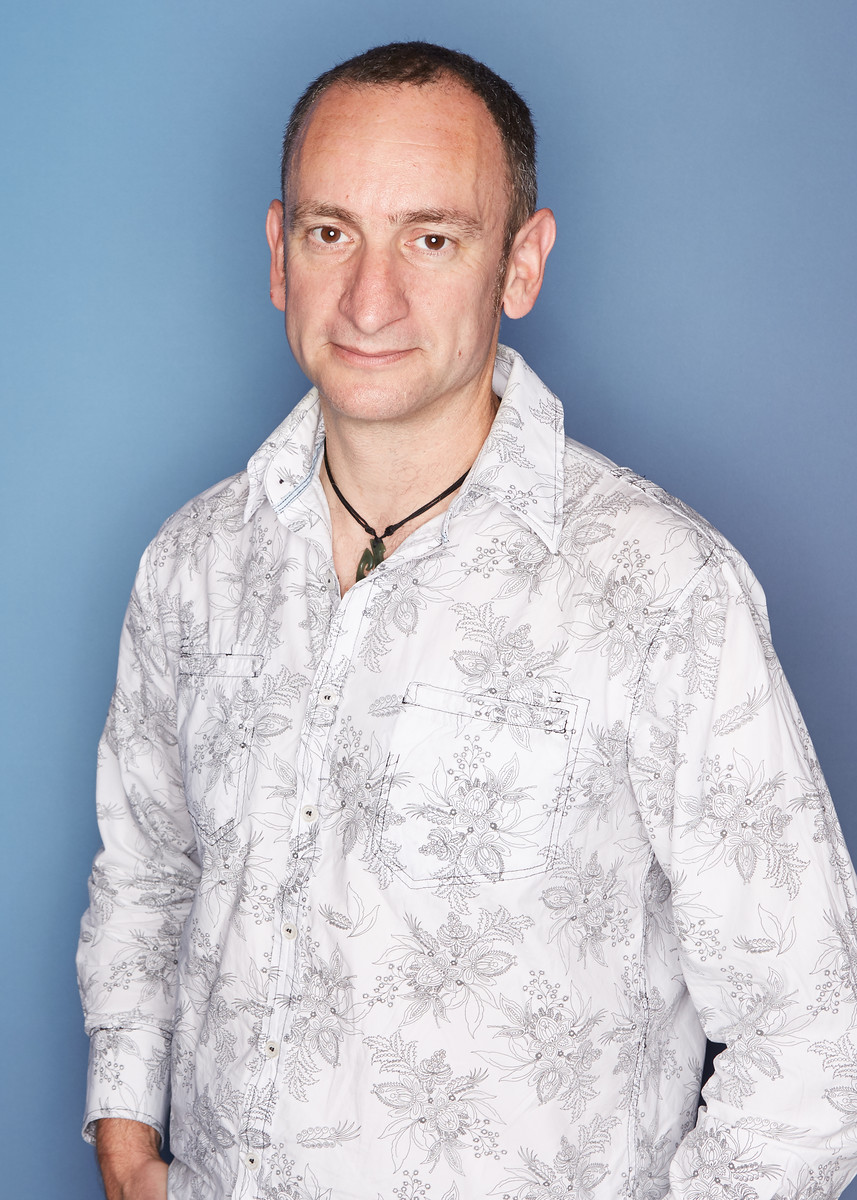The story we usually hear from Kiwi outdoor gear companies is that to survive they need to manufacture offshore. The technology isn’t here. It’s all about scale. At least one company doesn’t believe in that story.
New Zealand apparel and pack manufacturer Cactus Outdoor has announced a bold plan to ensure it survives at least as long as its famously hard-wearing outdoor gear.
The Christchurch-based company, which has made all of its gear in New Zealand for the entirety of its 27 years of operation, has done something almost every other outdoor brand has said is impossible: It’s doubled down on its commitment to New Zealand-made by purchasing Albion Clothing Limited, a large-scale Christchurch-based apparel manufacturer with more than 100 employees. Albion has carved a niche making uniforms for the New Zealand Defence Force, Fire and Emergency New Zealand and the New Zealand Police.
“It is super big news for the [outdoor] industry because for 20 years all we’ve had is brands going offshore and this is the first time in two or three decades that someone has doubled down on local manufacturing,” says Cactus Outdoor director Ben Kepes. “There are lots of people who have said in past years that you can’t do manufacturing in New Zealand, it’s dying. I guess we’re maybe calling their bluff.”
Kepes is hoping the purchase will signal to other outdoor companies that it is possible to make outdoor gear and apparel in New Zealand and is even opening its doors to its competitors, suggesting other Kiwi brands can also use the new Albion facility.
“We’ve always been super committed to keeping manufacturing in New Zealand and to being a part of maintaining and growing the industry,” Kepes says. “We’re absolutely welcoming our competitors who want to have stuff made in New Zealand again.”
Though unable to name individual brands, Kepes says that process has already begun: “We have an agreement with a significant brand that will bring scale and business to support local manufacturing in Christchurch.”
Kepes says the purchase of Albion puts Cactus in a good position to deal with changing consumer trends that place more value on how and where an item was made than price. “I think it’s really interesting that over 20, 30 years we’ve seen all of the stuff go to Asia and then all of a sudden people are starting to realise there’s a social and environmental cost with that,” says Kepes.
He says consumers want to understand the provenance of the things they buy. “I think generally, not just with apparel and not just in our sector, we’re going to see a return to more localised manufacturing.
“People go to farmers markets because they want to talk to the person who grew their vegetables or made their bread. People want to come to a Cactus store and know the person who is talking to them actually had a hand in designing and making the garment and see where it’s actually made. I think there’s this broader wave and we’re riding that wave.”

Cactus Outdoor director Ben Kepes says Cactus is proof the outdoor industry can manufacture in New Zealand
Cactus currently has 30 employees, but it started out much smaller – as a chalk bag manufacturer in the bedroom of founder Gwillym Griffith-Jones in 1992. Rob Gray and Kepes later joined the business and expanded the product line into backpacks. The company relocated to Christchurch to be closer to the big brands of the time – Macpac, Fairydown and Kathmandu among others. “We came to Christchurch because that’s where the (manufacturing) industry was and over those 27 years, the industry has declined around us,” says Kepes.
Kepes sees the purchase of Albion as reversing that trend and is the start of a new era of outdoor gear manufacture in New Zealand: “I want [a business] that my kids can work in or that will outlive me,” he says. “From a brand and product perspective, or an industry perspective, what we’ve announced is a really big part of that. I am really amped for the industry as much as for myself.
“In five years’ time, I would be disappointed if we didn’t have a factory that was significantly bigger than it is now – and the factory now is 100 people.”
Kepes envisions a modern facility where robots and staff work side by side. Already Albion has a state of the art and recently installed robotic fabric cutter to allow for faster and more efficient cutting.
“There’s no craftsmanship in a person manually cutting fabric, so do that by machine,” he says. “But there absolutely is a craftsmanship in someone who has a deep sense and appreciation for the way a fabric pulls and stretches, actually doing the sewing.”
The new facility will also allow Cactus to develop more products. “Developing product is quite hard when you don’t use your own factory,” says Kepes. “When someone has a great idea, you want to be able to produce the prototype then and there, not wait four weeks to get some time in a manufacturing facility. Our vision is to be able to do sampling on a really ad hoc basis. To have a dedicated sample room or sample team who can actually make some stuff. So I would imagine the pace of innovation at Cactus will increase because of this.”







